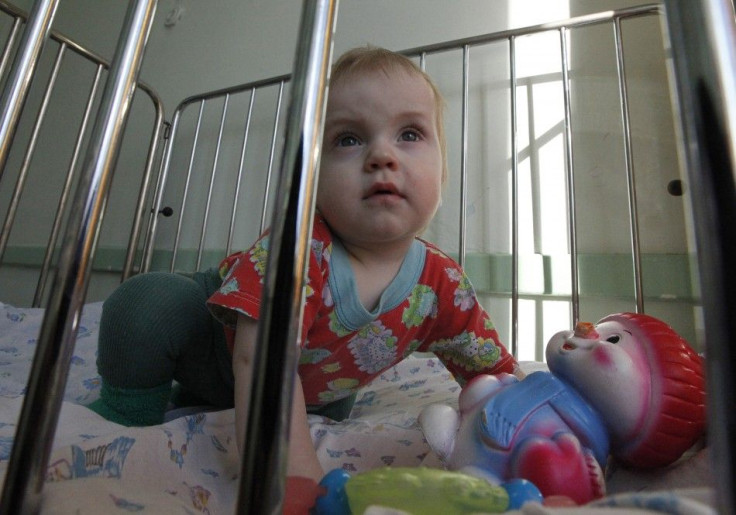Secondhand Smoke Can Cause ADHD, Learning Disabilities in Children

Secondhand smoke can cause ADHD and other learning disabilities, according to a recent study by the Center for Disease Control.
The study shows that children exposes to passive smoking were 50 percent more likely to develop neurobiological diseases compared to those not exposed with the smoking.
These findings, underscore the health burden of childhood neurobehavioral disorders that may be attributable to secondhand smoke exposure in homes in the States, stated the study's authors.
This is further evidence that environmental factors can affect a child's emotional and cognitive development. The study also shows that learning disabilities were 22 percent more likely in children exposed to secondhand smoke and from lower economic status.
The survey called, National Survey of Children's Health, was conducted over the phone from April 2007 to July 2008. The sample size of the survey was 91,642 children from birth through 17 years old.
The study estimates approximately five million children under the age of 12 are exposed to secondhand smoking at home. Nearly 275,000 of that five million suffer from learning disabilities, ADHD, or other disorders.
This is particularly significant with regard to the potential burden of pediatric mental healthcare on an overextended healthcare system, a problem that could be dramatically reduced if voluntary smoke-free home policies were widely adopted, the Center for Disease Control said in a release.
© Copyright IBTimes 2024. All rights reserved.











